
Top Family Beach Escapes for The Winter Holiday Season 2025-2026
When winter hits and temperatures drop, many families start dreaming about sunshine, warm ocean breezes, and stress‑free time together. For
The Mayan Riviera on Mexico’s stunning Yucatan Peninsula is a tropical paradise brimming with cultural treasures, breathtaking beaches, and vibrant activities. From the bohemian charm of Tulum, with its ancient Mayan ruins overlooking the Caribbean Sea, to the lively atmosphere of Playa del Carmen, home to world-class shopping, dining, and nightlife, this region offers something for every traveler. Whether you’re snorkeling in coral reefs, indulging in authentic Mexican cuisine, or relaxing on pristine white-sand beaches, the Mayan Riviera promises an unforgettable journey filled with adventure and relaxation.
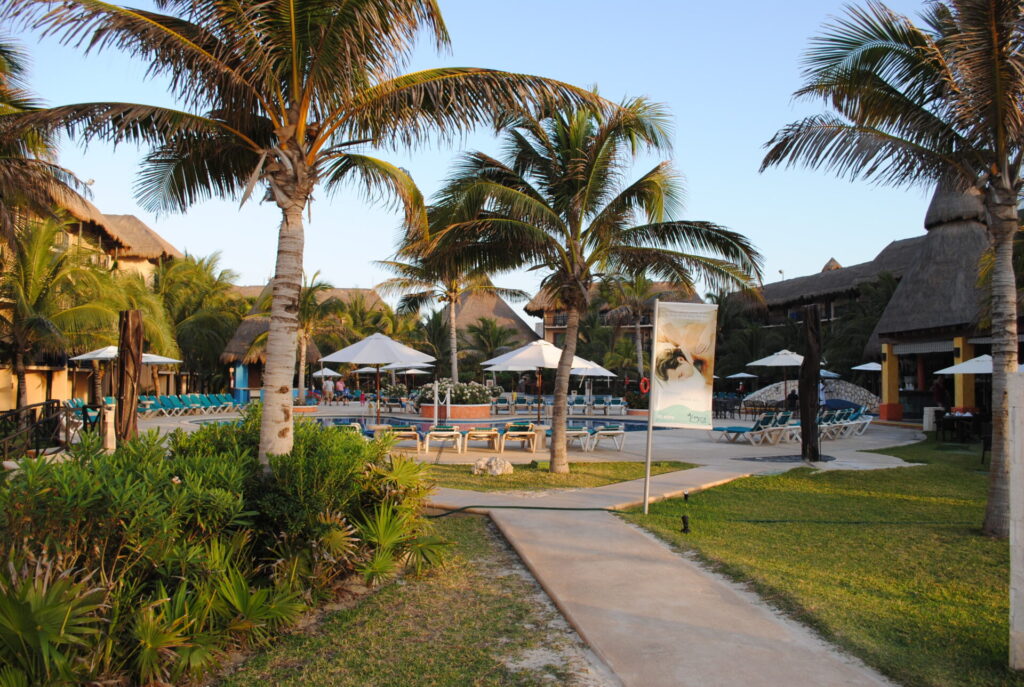
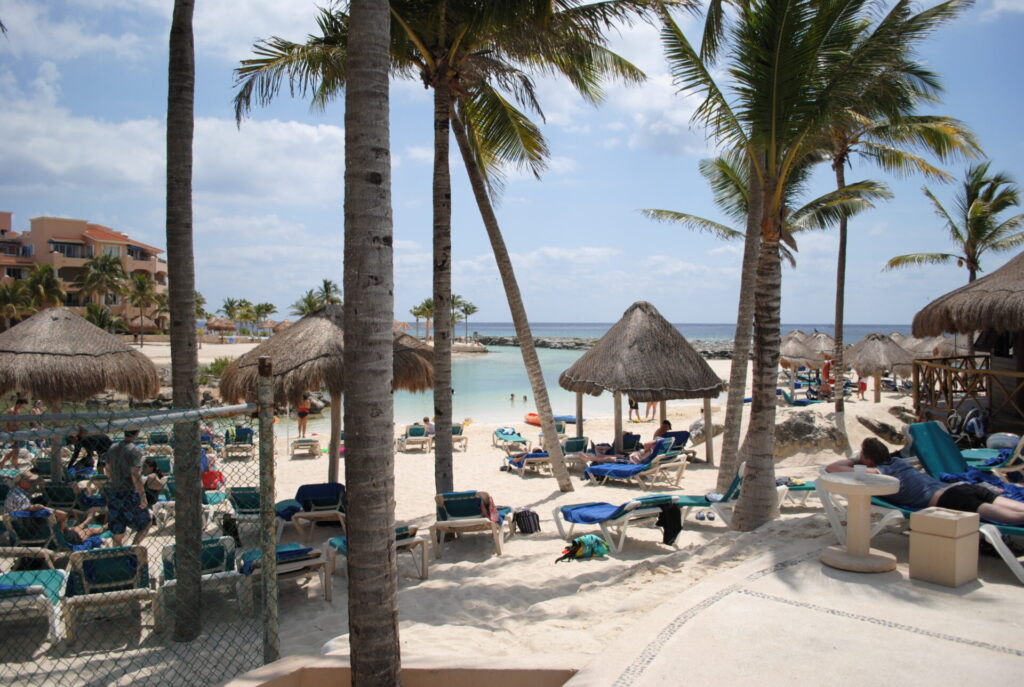
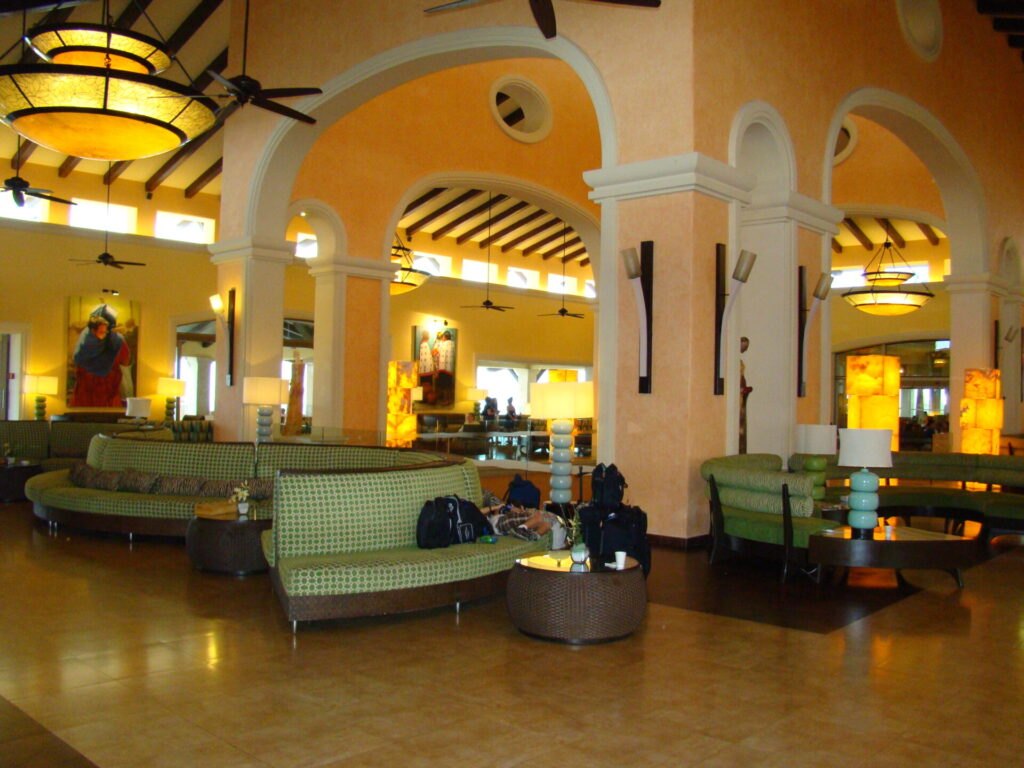
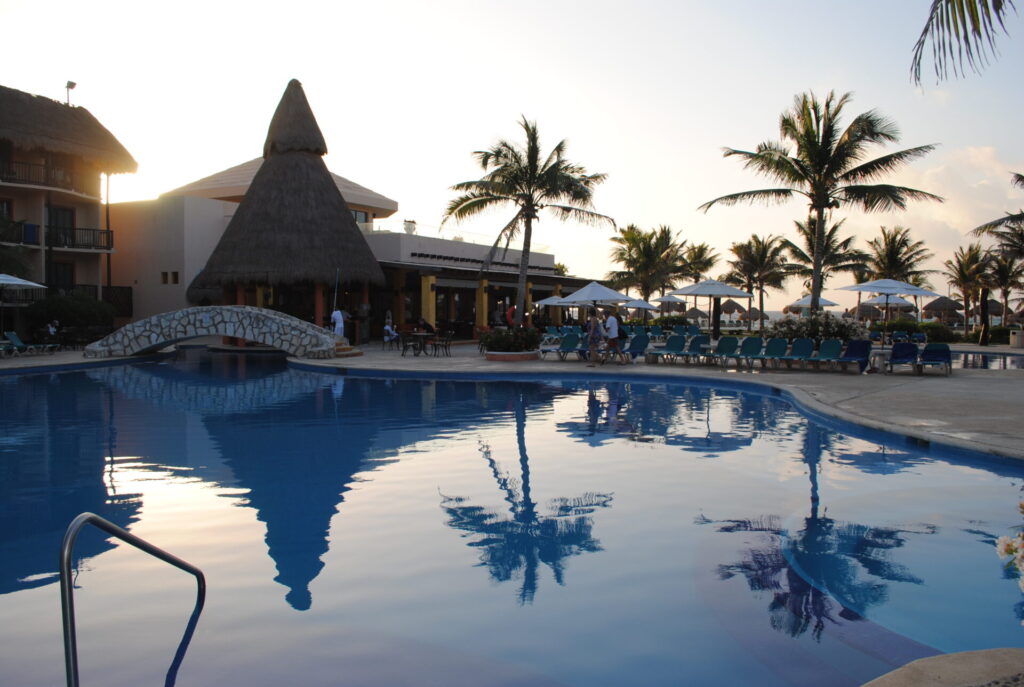
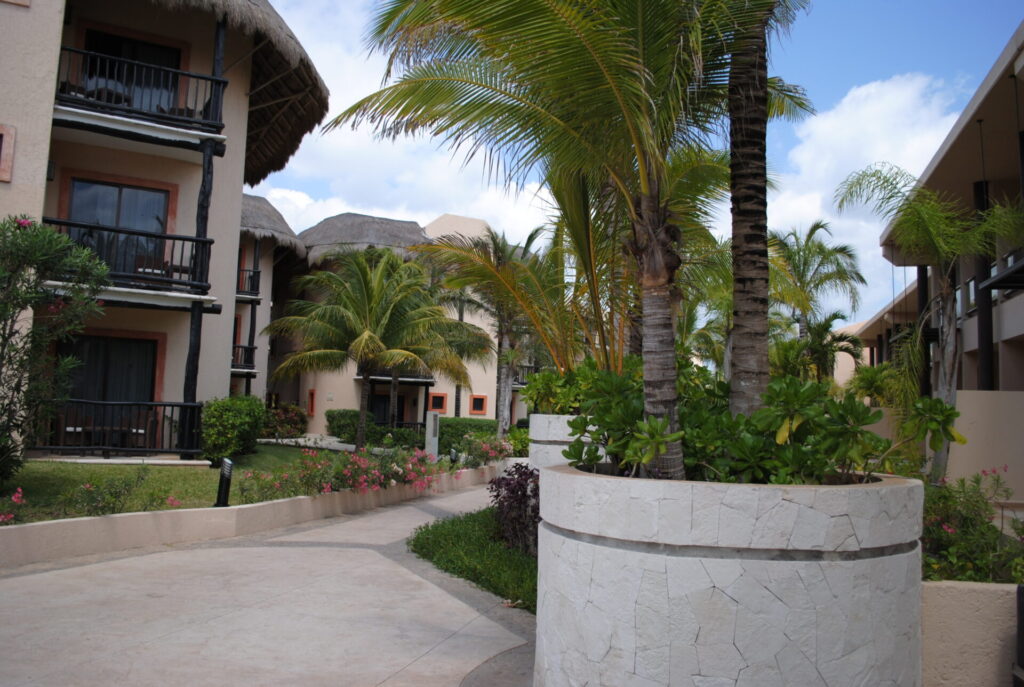
The Mayan Riviera, located on Mexico’s Yucatan Peninsula, is a destination that combines stunning natural beauty, rich history, and vibrant culture. Known for its turquoise waters, white-sand beaches, and lush jungles, this tropical paradise offers experiences ranging from relaxing beachfront escapes to adventures through ancient Mayan ruins. Popular destinations like Tulum, Playa del Carmen, and Puerto Aventuras are brimming with activities for every type of traveler, whether you’re exploring cenotes, indulging in authentic Mexican cuisine, or discovering coral reefs teeming with marine life.
Language: The official language in the Mayan Riviera is Spanish, but English is widely spoken in tourist areas, including resorts, restaurants, and shops. You’ll have no trouble communicating in most popular destinations, but learning a few Spanish phrases like “Hola” (Hello), “Gracias” (Thank you), and “¿Dónde está…?” (Where is…?) can enhance your experience and show appreciation for the local culture. In smaller towns and rural areas, English may be less common, so a translation app or phrasebook could be useful.
Currency: The local currency is the Mexican Peso (MXN), though US dollars are widely accepted in many tourist areas. Major hotels, restaurants, and shops typically accept credit and debit cards, making it easy for visitors to pay for services and goods. However, it’s a good idea to carry some cash in pesos for smaller purchases, tips, and local markets where cards might not be accepted. ATMs are readily available in cities and tourist hubs, allowing you to withdraw pesos as needed. The exchange rate typically ranges around 1 USD to 17-20 MXN, but it’s wise to check current rates before your trip.
Climate: The Mayan Riviera enjoys a tropical climate with warm temperatures year-round, making it a popular destination for beachgoers and adventure seekers. Here’s what to expect by season:
The best time to visit the Mayan Riviera is during the dry season (November to April), when the weather is most comfortable, and outdoor activities are at their best. While summer and autumn bring higher humidity and rainfall, these months also feature quieter beaches and more affordable accommodations.
The Mayan Riviera, with its stunning beaches, ancient ruins, and vibrant towns, is a region that’s easy to explore thanks to a variety of convenient transportation options. Whether you’re visiting popular destinations like Tulum, Playa del Carmen, or Puerto Aventuras, or venturing off the beaten path, you’ll find efficient ways to get around that suit every budget and travel style. Here’s a guide to navigating this tropical paradise.
Rental Cars: Renting a car is one of the most convenient ways to explore the Mayan Riviera at your own pace. Major rental car companies operate at Cancun International Airport (CUN) and in key towns like Playa del Carmen and Tulum. Driving in the region is straightforward, with well-maintained highways connecting major attractions, such as the Tulum Ruins and Cenote Dos Ojos. Renting a car is ideal for visiting remote cenotes, beaches, or villages. Be aware of local driving laws, toll roads, and parking fees in busy areas.
Airport Transfers: Upon arrival at Cancun International Airport, travelers can choose from a range of private transfers, shared shuttles, or taxis to reach their destination. Private transfers offer door-to-door service and are perfect for families or groups. Shared shuttles are a cost-effective option for solo travelers heading to popular towns like Playa del Carmen or Tulum. Taxis are available but can be more expensive; agreeing on a fare beforehand is recommended.
Colectivos (Shared Vans): Colectivos are a budget-friendly and local way to travel between towns and attractions along the Mayan Riviera. These shared vans operate on fixed routes and are popular with both locals and tourists. For example, you can easily catch a colectivo from Playa del Carmen to Akumal Beach or Tulum. Colectivos are inexpensive, with fares paid directly to the driver in pesos, and they offer a cultural experience for adventurous travelers.
Taxis: Taxis are widely available throughout the Mayan Riviera and are a convenient option for short trips within towns or between nearby attractions. However, taxi fares can vary, so it’s best to negotiate or confirm the price before starting your journey. While taxis are easy to find in tourist areas, they can be costly for longer distances compared to other transportation options.
Buses: The ADO bus system is a reliable and affordable way to travel between major destinations like Cancun, Playa del Carmen, Tulum, and even further afield to Chichén Itzá or Merida. Buses are air-conditioned, comfortable, and equipped with luggage storage. Tickets can be purchased online, at bus stations, or via the ADO app, making it a stress-free option for those who prefer not to drive.
Bikes and Scooters: For exploring smaller towns like Tulum, renting a bike or scooter is an eco-friendly and fun way to get around. Many rental shops offer daily or hourly rates, and Tulum’s flat terrain makes biking an enjoyable experience. Scooters are ideal for covering slightly longer distances while enjoying the region’s tropical scenery. Always wear a helmet and follow local traffic rules.
Ferries: To visit nearby islands like Cozumel, ferries from Playa del Carmen offer frequent service, with crossings taking about 30 minutes. Ferry terminals are located in central Playa del Carmen, making it easy to combine island visits with other Riviera Maya activities. Ferries are modern and comfortable, offering stunning views of the Caribbean Sea during the journey.
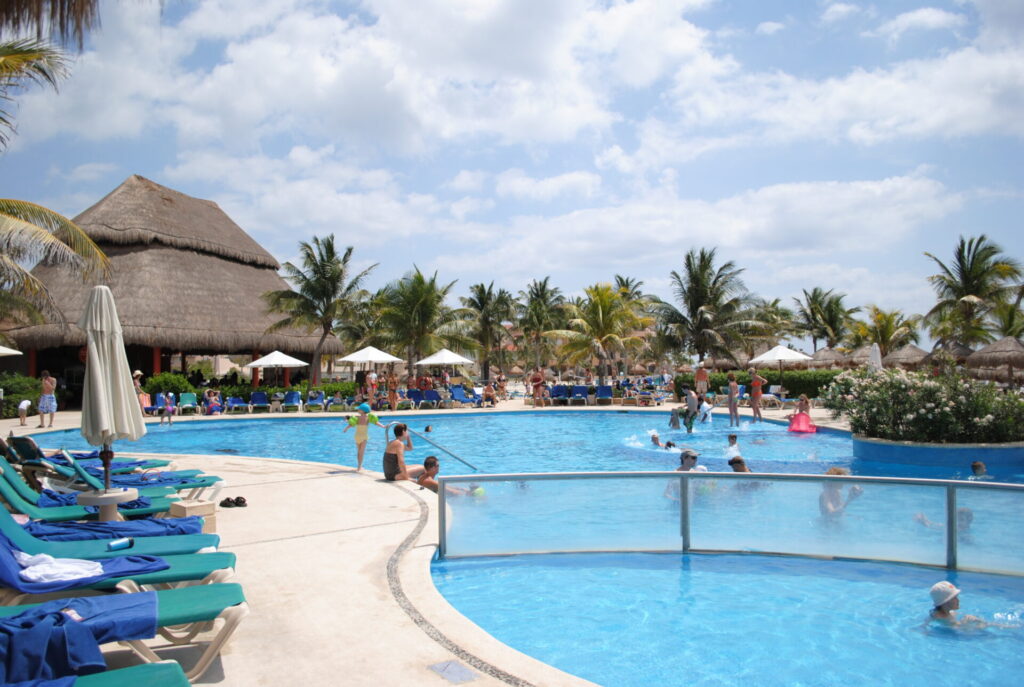

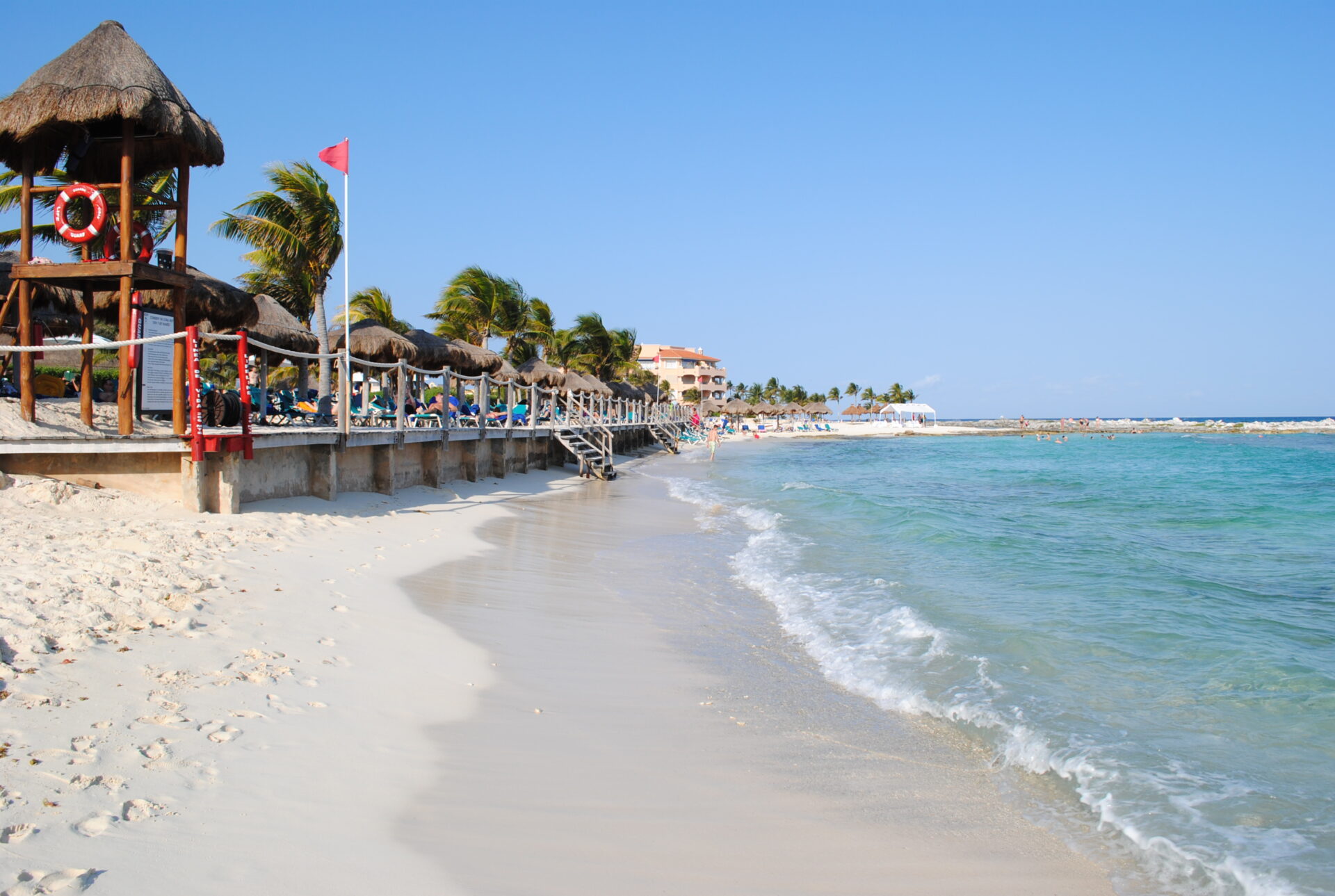
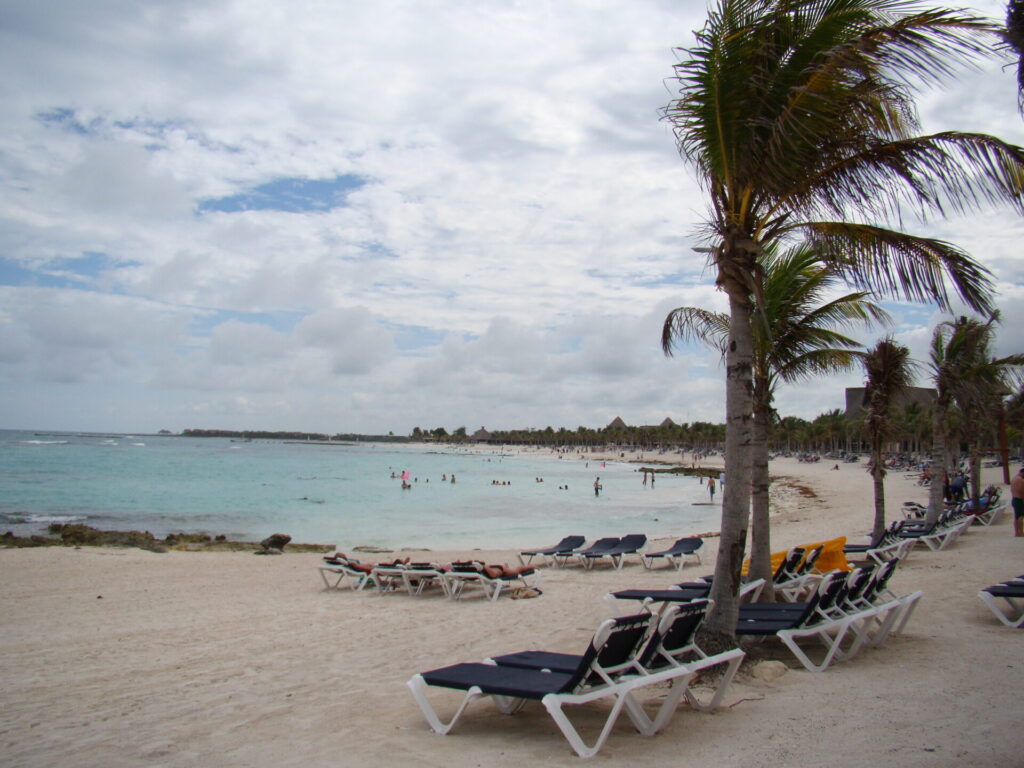

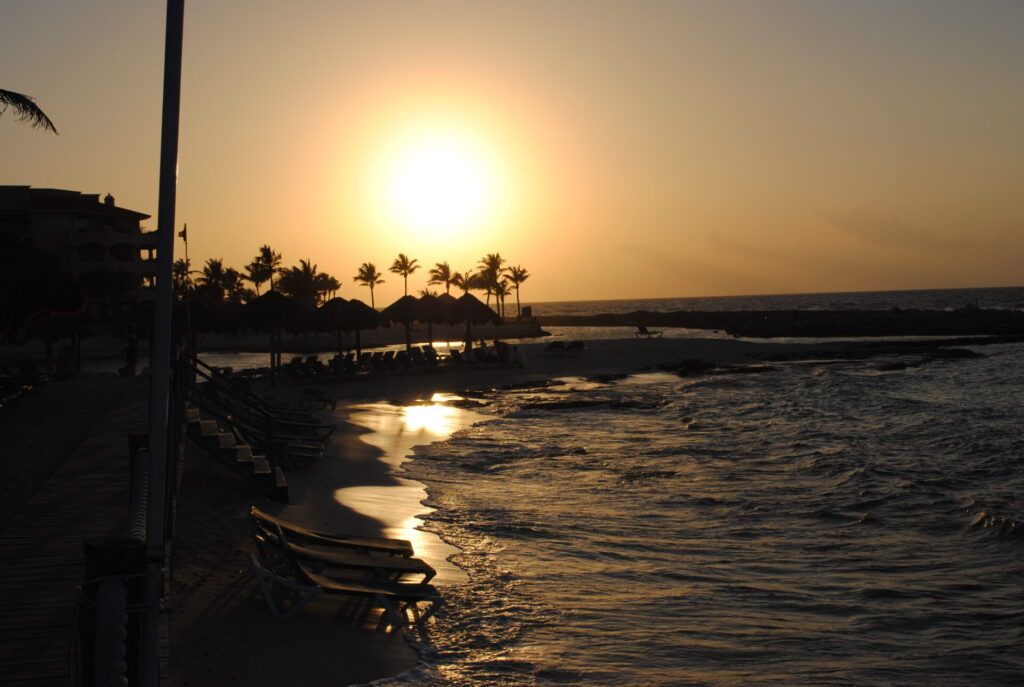

When winter hits and temperatures drop, many families start dreaming about sunshine, warm ocean breezes, and stress‑free time together. For
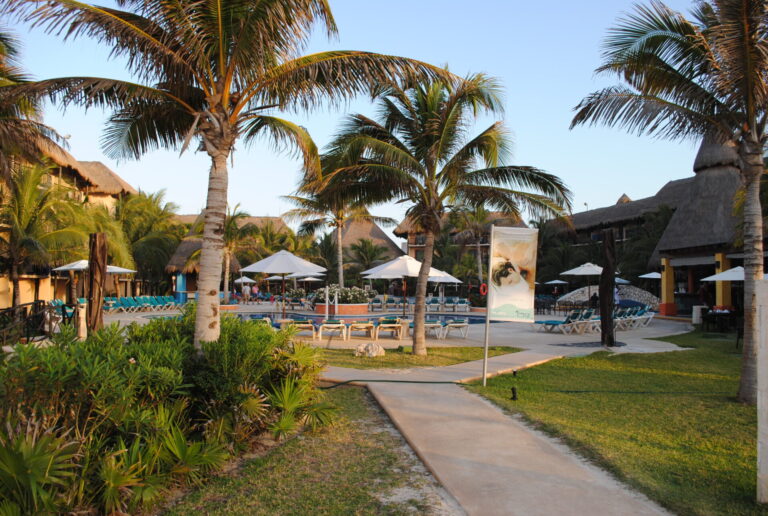
In this fan-favorite episode of Pure Life Podcast, we revisit our all-inclusive resort experience in the vibrant Yucatan Penninsula, Mexico
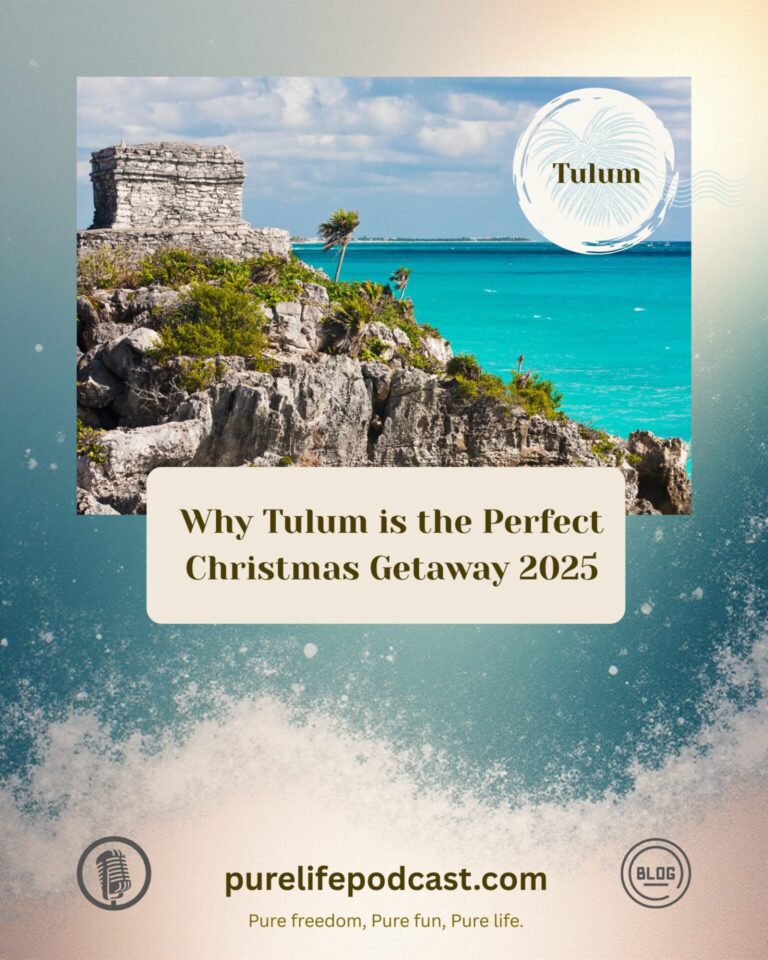
Escape the Cold: Celebrate the Perfect Christmas Getaway in Tulum’s Tropical Paradise As the 2025 holiday season approaches and winter
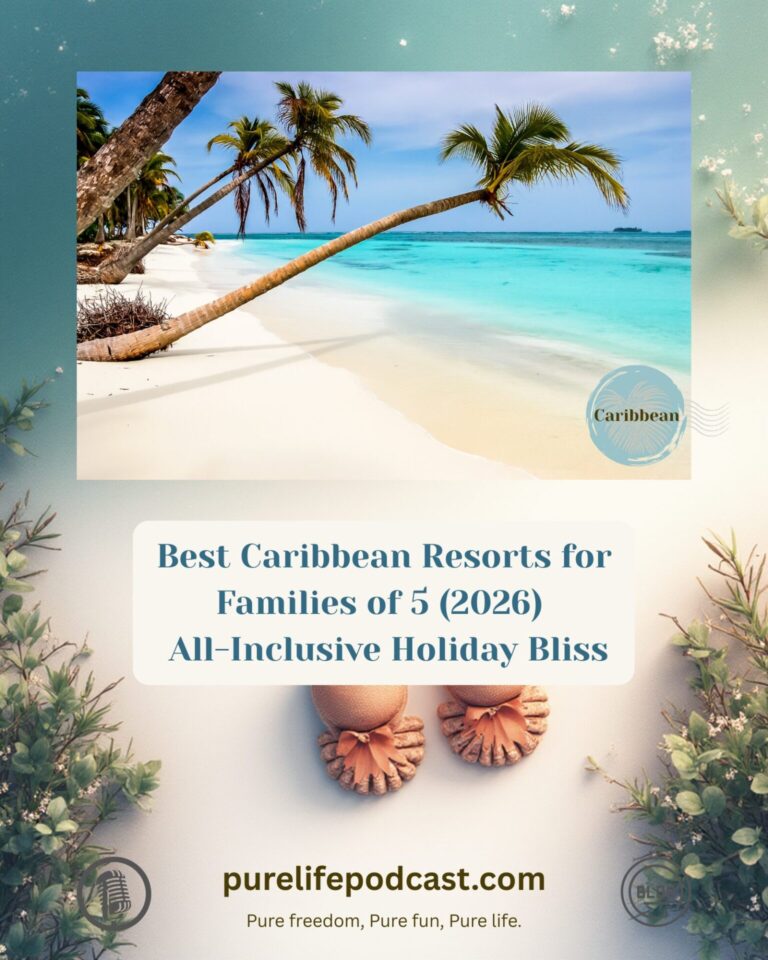
Dreaming of turquoise waters, swaying palms, and luxury that welcomes the whole crew? The Caribbean has long been a favorite
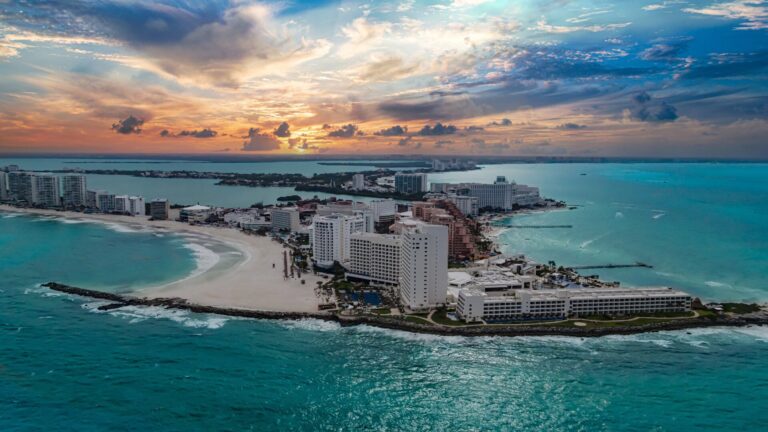
When the temperatures start to dip, there’s no better time to trade scarves for swimsuits and head south to the
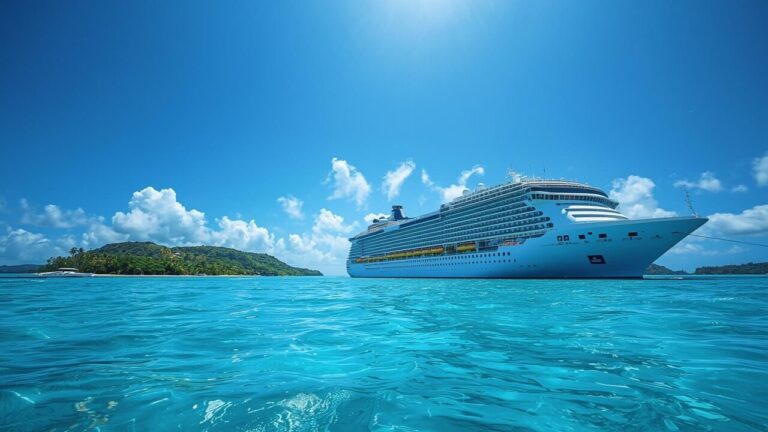
In this episode of Pure Life Podcast, we dive into our unforgettable Royal Caribbean Western Caribbean Holiday Cruise from Tampa,